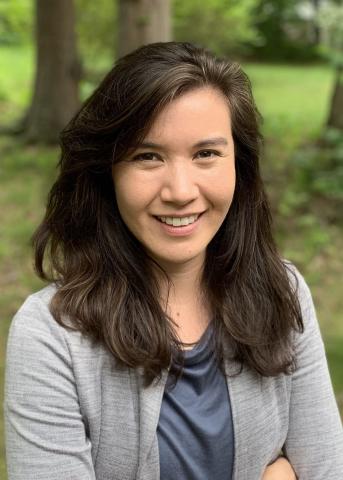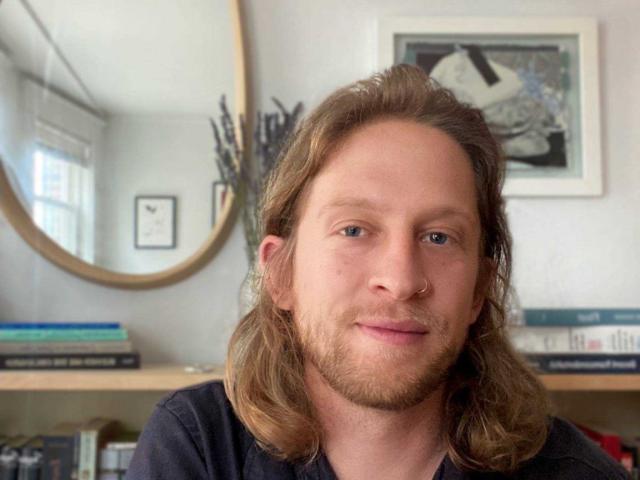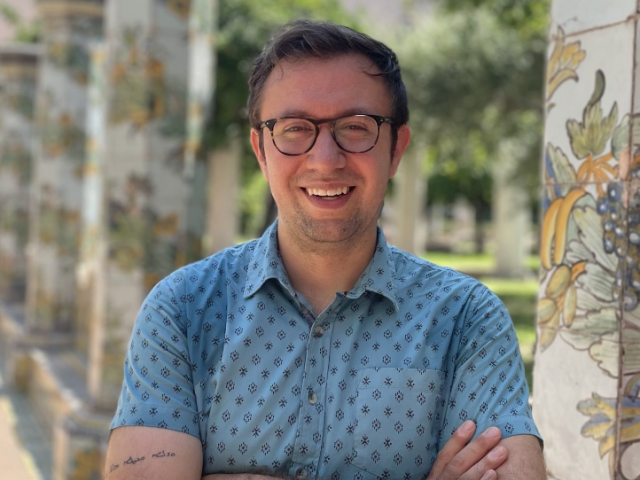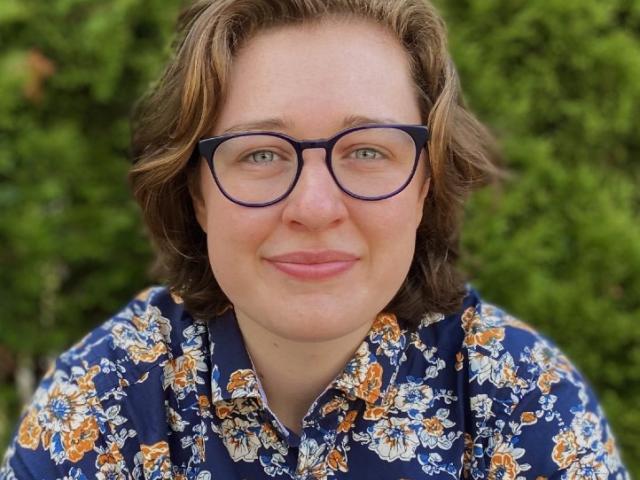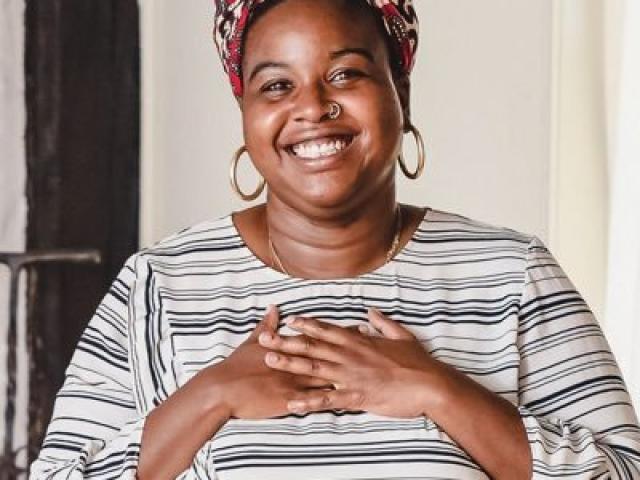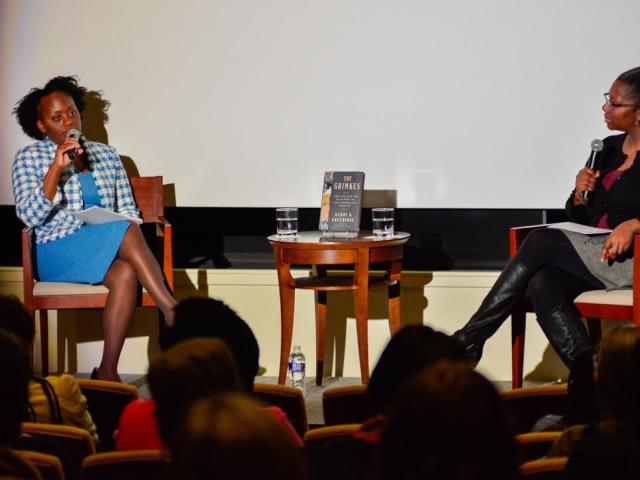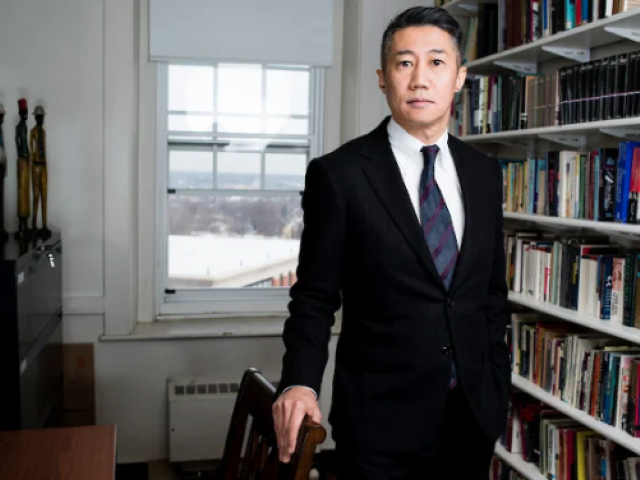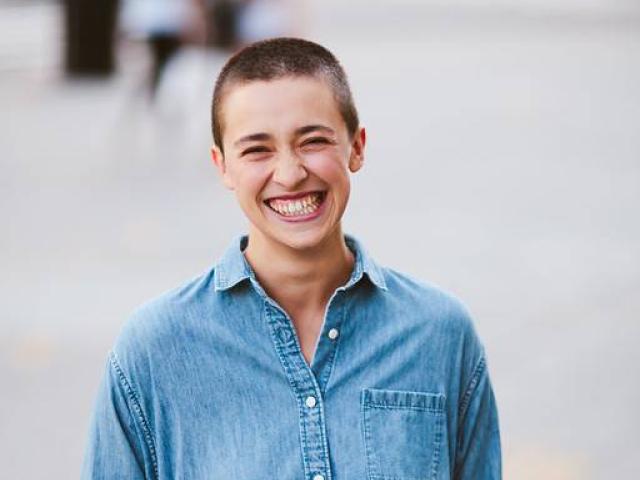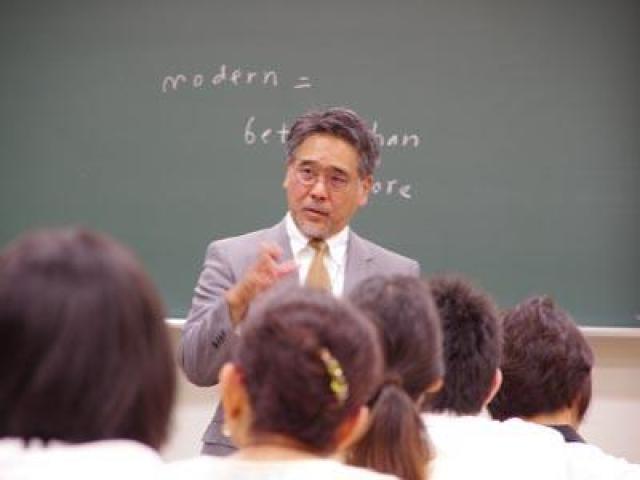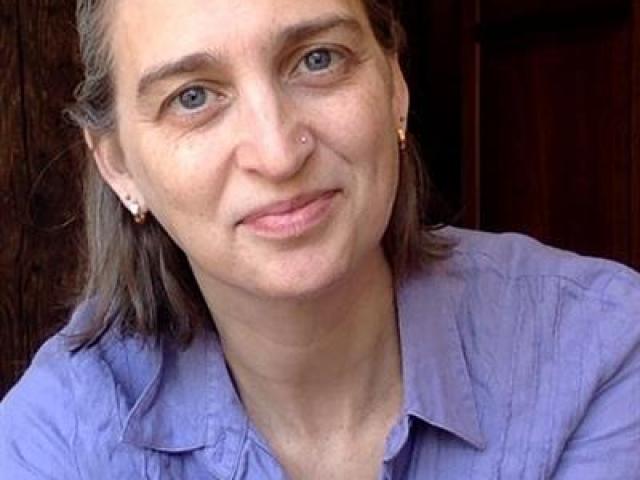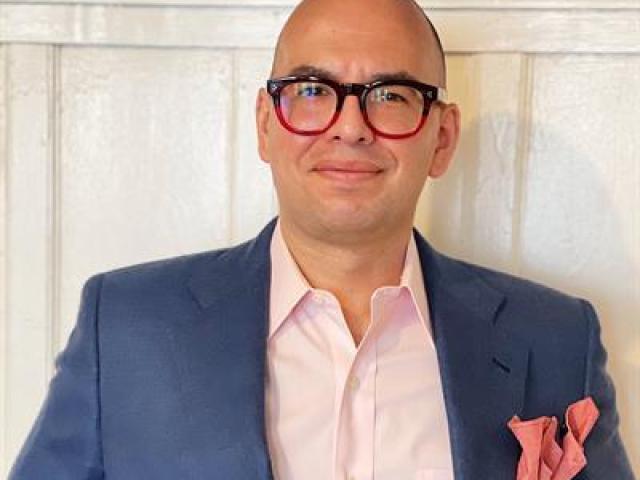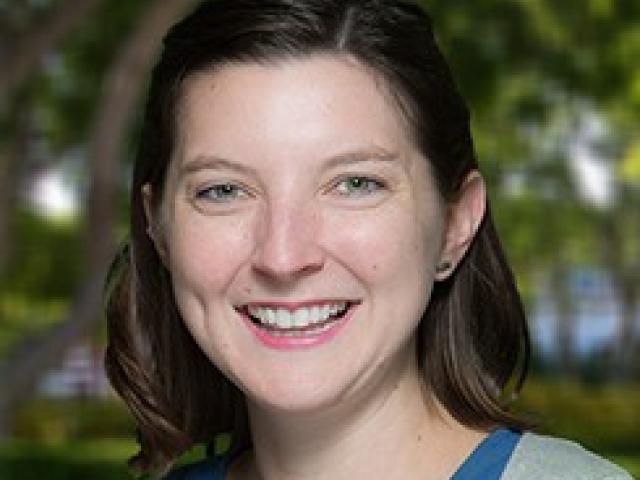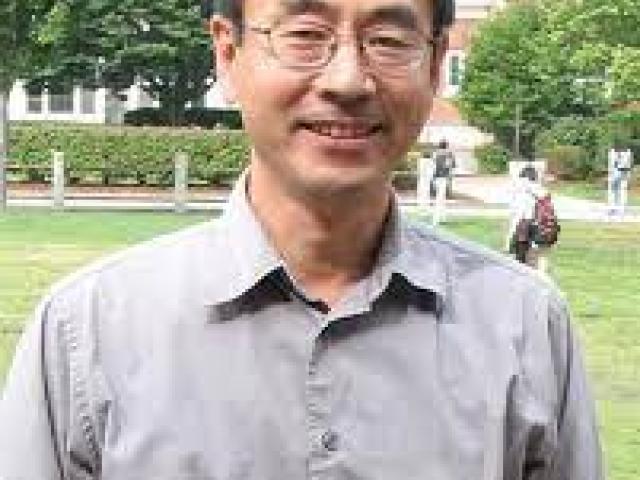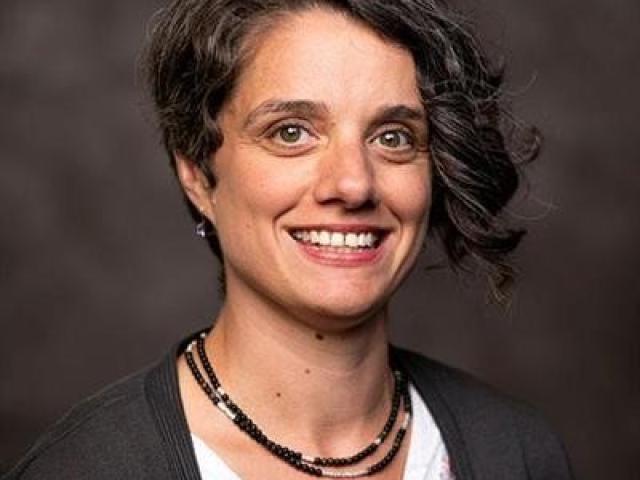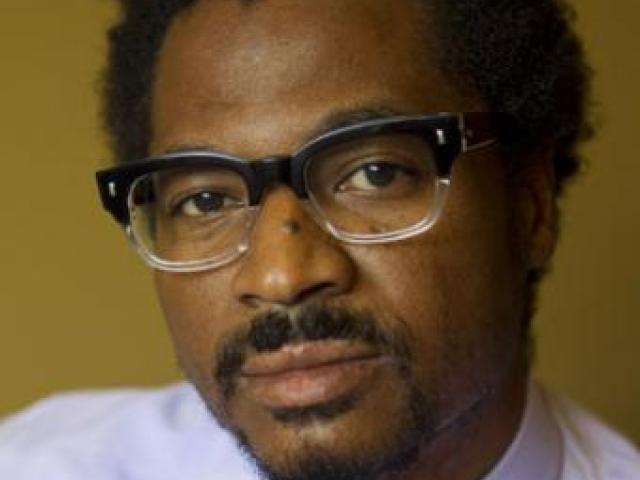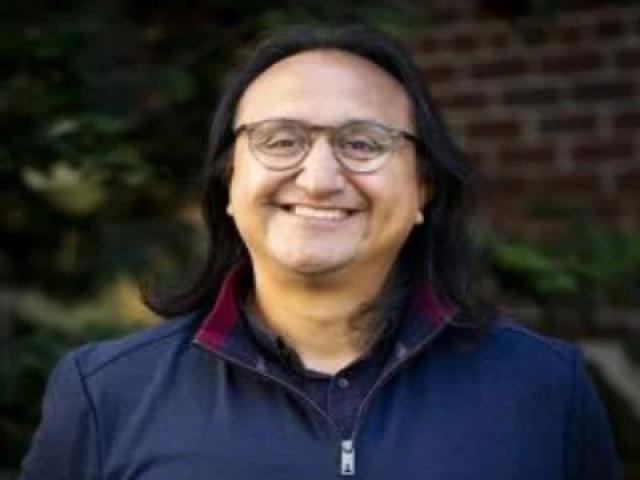2024-2025 Fellows

Melinda Latour
Faculty Fellow
Department of Music
SHE/HER
Melinda Latour earned a PhD in Musicology from the University of California, Los Angeles in 2016, an MA in Ethnomusicology from UC Riverside (2009), and a BA in Music from UC Berkeley (2002). Latour's research centers on music and Stoic philosophy in early modern France. She is also interested in music jurisprudence, tone and timbre in popular music, and Mexican music cultures. The common thread connecting these diverse interests is a fascination with music as a therapeutic and transformative communal practice, particularly in moments of social or political upheaval.
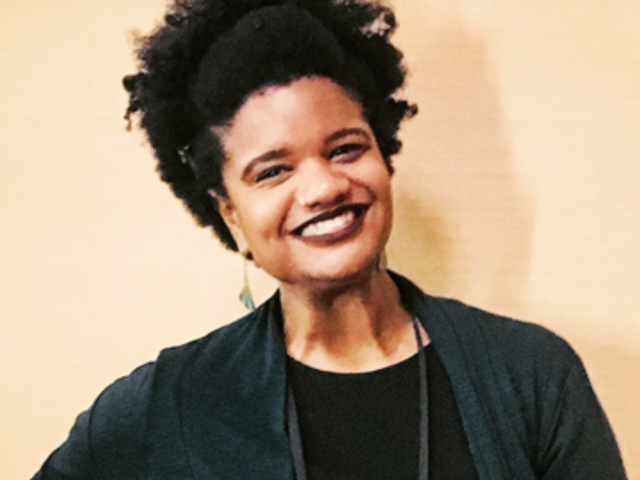
Mary McNeil
Faculty Fellow
Department of Studies in Race, Colonialism, and Diaspora
SHE/HER
Mary Amanda McNeil is a Mellon Assistant Professor in the Department of Studies in Race, Colonialism, and Diaspora. Her research and teaching sit at the intersections of Black studies; Native American and Indigenous studies; Afro-Native studies; women, gender, and sexuality studies; social history; and geography. McNeil completed her PhD in American studies at Harvard University. Her dissertation, which examines the spatial imaginaries of Black, Indigenous, and Afro-Indigenous political actors in Massachusetts, is entitled, “The Responsibility to Remain: Black Power and Red Power Claims to Massachusetts.”

Malcolm Turvey
Faculty Fellow
Department of the History of Art & Architecture
HE/HIM
Malcolm Turvey is the Sol Gittleman Professor in the Department of the History of Art & Architecture. He joined Tufts in 2015 to launch the new Film & Media Studies Program, and was its founding Director from 2015 until 2021. Turvey received his Ph.D. in Cinema Studies from New York University in 2002. He has been an editor of the journal October since 2001, and serves on the editorial board of Projections: The Journal for Movies and Mind. He works primarily in the areas of film theory, the philosophy and aesthetics of film, avant-garde film, and film and modernism. In addition to numerous articles, he is the author of three books: Doubting Vision: Film and the Revelationist Tradition (Oxford University Press, 2008), The Filming of Modern Life: European Avant-Garde Film of the 1920s (MIT Press, 2011), and Play Time: Jacques Tati and Comedic Modernism (Columbia University Press, 2019). He is also co-editor of Wittgenstein, Theory, and the Arts (Routledge, 2001) and Camera Obscura/Camera Lucida: Essays in Honor of Annette Michelson (University of Amsterdam Press, 2003).
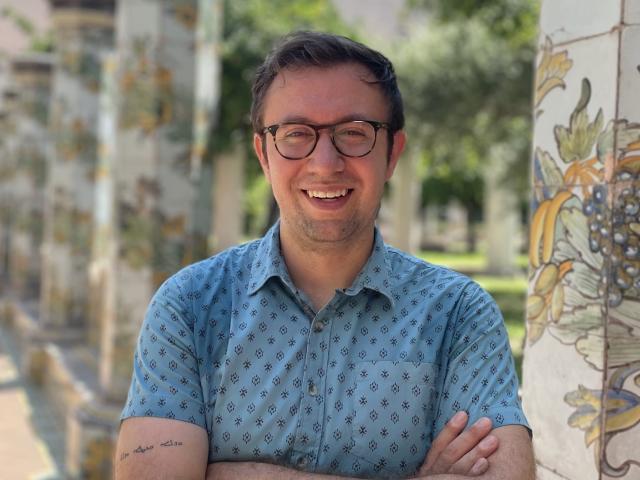
Chance Bonar
Postdoctoral Fellow
HE/HIM
Chance Bonar is a Postdoctoral Fellow in the Center for the Humanities at Tufts University and Lecturer of Greek at Harvard Divinity School. His research and teaching primarily focus on religion, slavery, and the effects of colonialism in the ancient Mediterranean world, and he is affiliated with Tufts’s “Slavery, Colonialism, and Their Legacies at Tufts and Beyond” project.
Chance recently completed my PhD at Harvard University in the Committee on the Study of Religion. Additionally, I have recently been a William R. Tyler Fellow in Byzantine Studies at Dumbarton Oaks and Instructor of Theology at Boston College.
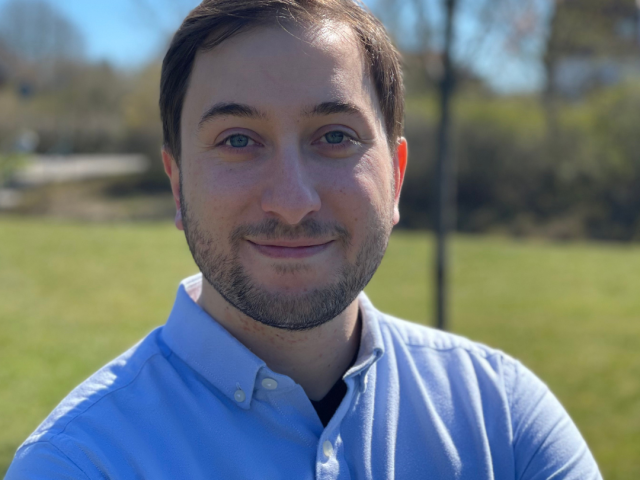
Daniel Sunshine
Postdoctoral Fellow
Center for the Humanities
Slavery, Colonialism, and their Legacies at Tufts Initiative
HE/HIM
Daniel Sunshine is a historian of race and slavery in the early United States. As a postdoctoral fellow, he contributes to public humanities projects, teaching, and research related to the Slavery, Colonialism, and their Legacies at Tufts University initiative.
Currently, he is completing a book project entitled A Curse Upon Your Union: Crafting Black Freedom and Wartime Reconstruction in Appalachia. He is also involved with research and advocacy on behalf of an African American community group in Richmond, Virginia tied to the legacies of medical racism in the 19th century. He earned his PhD in History from the University of Virginia.
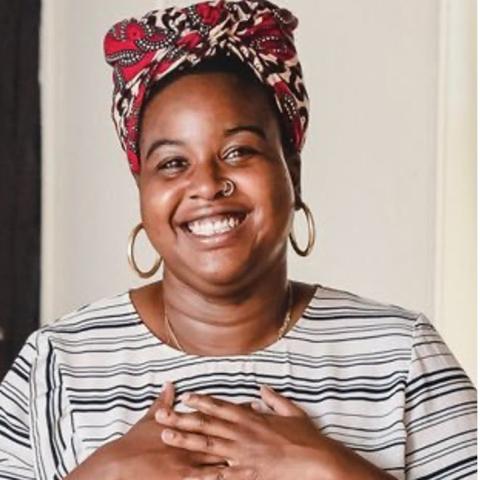
Kyera Singleton
Dissertation Fellow
SHE/THEY
Kyera Singleton is the Executive Director of the Royall House and Slave Quarters. She is also a PhD Candidate at the University of Michigan-Ann Arbor in the Department of American Culture Before joining the Warren Center as an American Democracy Fellow, she held prestigious academic fellowships from the Beinecke Foundation, the Andrew W. Mellon Foundation, Emory University’s James Weldon Johnson Institute for the Study of Race and Difference, and the American Association of University Women (AAUW).
From 2018 through 2019, Kyera served as the Humanity in Action Policy Fellow for the ACLU of Georgia. As a policy fellow, and under the mentorship of Andrea Young, she focused on mass incarceration, reproductive justice, and voting rights. She created the ACLU-GA’s first podcast series “Examining Justice” in order to highlight the voices of both community activists and policy makers in the fight for racial, gender, and transformative justice.
As a public history scholar, Kyera recently served as an advisor on the Boston Art Commission’s Recontextualization Subcommittee for the bronze Emancipation Group Statue. She is also a member of the Board of Public Humanities Fellows at Brown University, which brings together a collection of museum leaders from Rhode Island, Massachusetts, and Connecticut
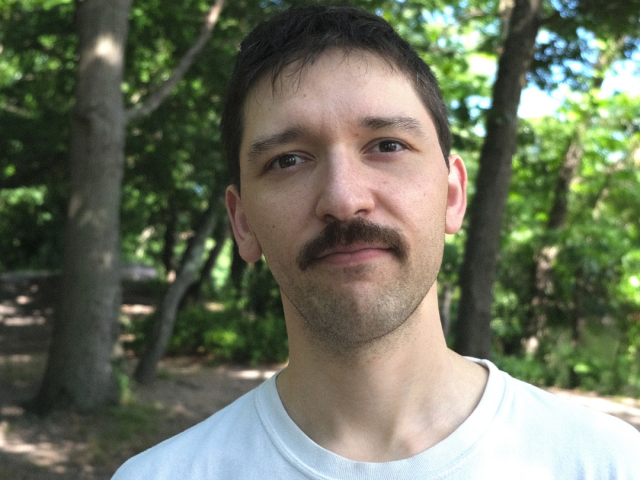
Omid Bagherli
Dissertation Fellow
Department of English
HE/HIM
Omid Bagherli is a PhD Candidate in the department of English at Tufts University. His dissertation “Lost Histories: Contemporary Literature’s Dispute with the Archive” studies how, from the late-twentieth century to the present moment, writers and filmmakers have incorporated archival documents into their work to complicate narratives of social reclamation. More generally, he is interested in the literary dimension of historical transmission and recovery, as well as the use of psychoanalytic theory in social and cultural analysis. His work has appeared or is forthcoming in ASAP/J, Chicago Review, Postmodern Culture, C21 Literature, and Annulet.
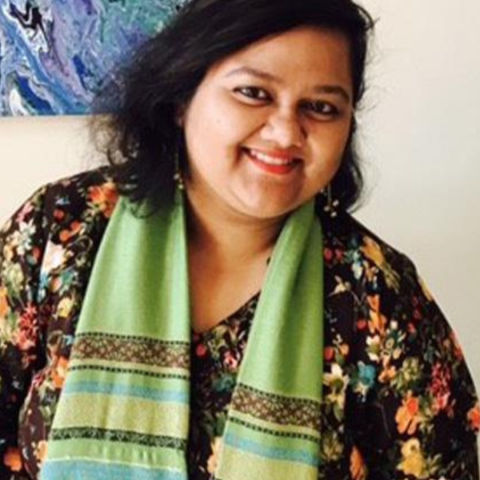
Manjari Mukherjee
Dissertation Fellow
Center for the Humanities
Department of Theatre, Dance, and Performance Studies
SHE/HER
Manjari completed her multi-sited archival research and is writing her dissertation titled "Yahudi Ki Ladki (Daughter of a Jew): Jews on the Indian Stage and Screen from the 1920s to the 1950s." She has presented her work at the South Asia Madison Conference, International Federation for Theatre Research (IFTR), Society for Cinema and Media Studies (SCMS), and at the Association for Jewish Studies (2022) where part of the Scholars of Color Fellows (2024-25). She is co-convenor of the American Society for Theatre Research (ASTR) Performance Studies in/from the Global South Working Group. She was awarded the GIFT teaching fellowship (2021), Graduate Studies of Arts and Sciences Summer Fellow (2022), Tisch Library Fellowship (2023) and Graduate Student Research Competition (2023). She has published with the Jewish Women's Archive, Theatre Survey, Theatre Research International, and co-edited the 2024 summer volume of the College of Fellows of the American Theatre Gazette.
Manjari has designed and taught courses on the history of Bollywood Dance, Introduction to Acting Methods at Tufts; Introduction to Theatre History and Performance at Tufts and Boston University, Queer Nationhood Art and Performance at the Experimental College at Tufts. She performed in a staged reading of Punchnama (Tale of Five) by Fatima A. Maan at La MaMa, New York, centering queer, brown, and Muslim experiences. She is currently working as a dramaturg for Aeschylus's The Furies at Tufts.
Manjari continues to facilitate conversation as co-founder of the Graduate Humanities Circle (GHC) to create a network of artists and scholars of the Humanities within and beyond Tufts. Manjari has also worked as an academic mentor at the StAAR center and the TDPS faculty-grad liaison (AY2022-2023). Before starting her PhD at Tufts, Manjari completed her Masters' degree from Jawaharlal Nehru University (JNU) in New Delhi, and worked as a curator for Mojarto, an online Arts Aggregator. She is finding ways of bringing together her classical dance training and her scholarship and is actively building an archive of Baghdadi Jewish performers and cultural actors.

Claire Litt
Visiting Postdoctoral Fellow
Department of History
SHE/HER
Claire Litt is a visiting scholar in the Department of History at Tufts, where she is holding a postdoctoral fellowship awarded by the Social Science and Humanities Research Council of Canada. She will be a scholar at Tufts for the next two years. Her doctoral research investigated the uses of gemstones in women's health and beauty practices at the Medici court in Tuscany during the grand ducal period. Her postdoctoral project at Tufts will focus on women's medicine in early modern Italy.
More Past Fellows
See more past fellows

